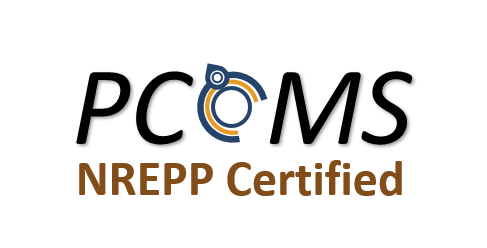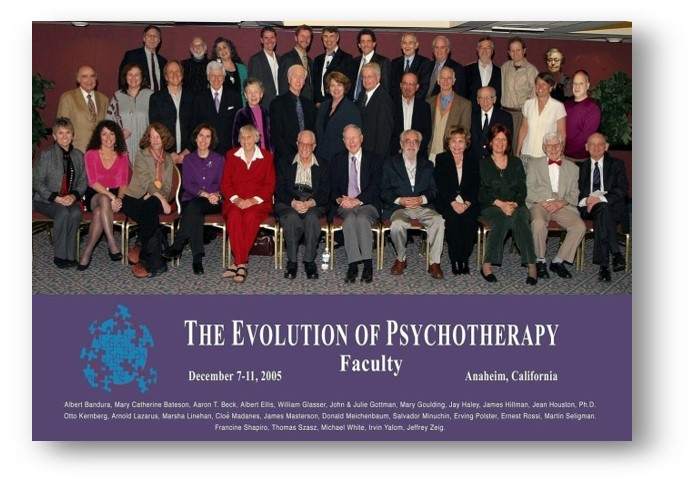 “How valid and reliable are the ORS and SRS?” “What do the data say about the impact of routine measurement and feedback on outcome and retention in behavioral health?” “Are the ORS and SRS ‘evidence-based?'”
“How valid and reliable are the ORS and SRS?” “What do the data say about the impact of routine measurement and feedback on outcome and retention in behavioral health?” “Are the ORS and SRS ‘evidence-based?'”
These and other questions regarding the evidence supporting the ORS, SRS, and feedback are becoming increasingly common in the workshops I’m teaching in the U.S. and abroad.
As indicated in my December 24th blogpost, routine outcome monitoring (PROMS) has even been endorsed by “specific treatments for specific disorders” proponent David Barlow, Ph.D., who stated unequivocally that “all therapists would soon be required to measure and monitor the outcome of their clinical work.” Clearly, the time has come for all behavioral health practitioners to be aware of the research regarding measurement and feedback.
Over the holidays, I updated a summary of the data to date that has long been available to trainers and associates of the International Center for Clinical Excellence. The PDF reviews all of the research on the psychometric properties of the outcome and session ratings scales as well as the studies using these and other formal measures of progress and the therapeutic relationship to improve outcome and retention in behavioral health services. The topics is so important, that I’ve decide to make the document available to everyone. Feel free to distribute the file to any and all colleagues interested in staying up to date on this emerging mega-trend in clinical practice.


.jpg)
